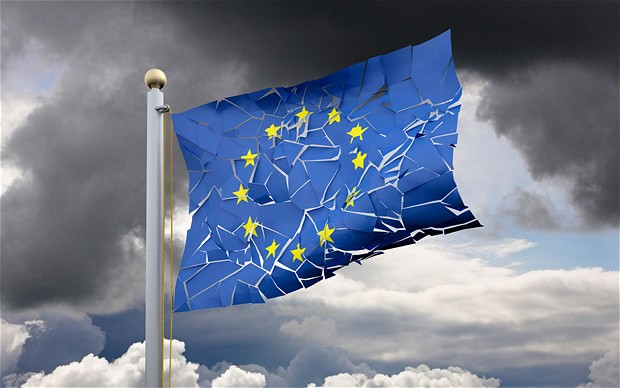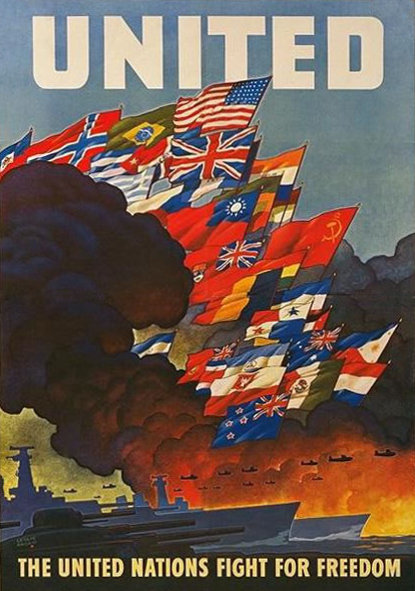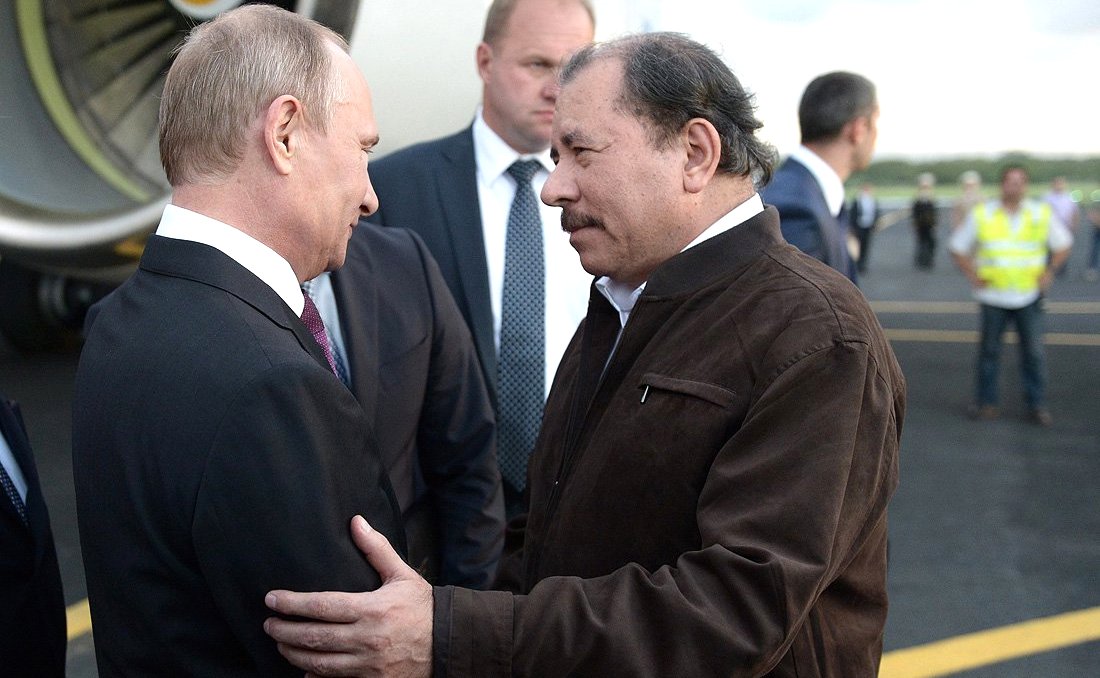European nations cannot peacefully co-exist with their national minorities indicating that the EU’s policy of multiculturalism may be failing. Two weeks ago Switzerland voted to impose quotas on immigration from the European Union in violation of prior agreements with Brussels and Norway’s leading political party is discussing following in suit. Only last month a right wing extremist sent a box full of pigs’ heads to Rome’s Grand Synagogue, Israeli embassy and a museum with a Holocaust exhibition. In October, France expelled a Kosovar and an Armenian student from the country, taking the 17 year old Kosovar girl off a school bus right in front of her peers.
After the defeat of the Nazi regime in 1945 and the subsequent population transfers, it seemed that extreme nationalism would cease to be a major problem in Europe. The development of European integration alongside the preservation and cultivation of national features was thought to further assure that no groups like the Nazis would exist in European politics again. Nevertheless, the case of Anders Breivik, proves that assumption to be unfounded. Breivik murdered 77 people for being as he put it, “representatives of the multicultural regime” and openly admires the Nazi regime and Serbian nationalists which fought against Muslim Kosovars. Neo-Nazism has become an active political force, not just a silent delirium of impressionable and ignorant young men. The development and political maturing of the “Golden Dawn” in Greece is further evidence of this phenomenon. The quick rise of Neo-Nazism in some countries of Europe has become a fact that the European Union will not be able to ignore if integration is to be successful.
The institutions and programs which created the foundation for the European Union were formed primarily for two purposes, the acceleration of economic recovery of Western Europe and resisting the expansion of the Soviet Union. In turn, and under heavy US pressure, the countries in Western Europe were forced to put aside their internal grievances. However, tendencies for protectionism and ethnic association as a more rudimentary form of personal association did not disappear, but were merely overshadowed by the Cold War.
The political landscape has changed in important ways since integration began, making the multicultural project less tolerable. The first most obvious change is the fact that the Soviet Union and with it Communism has disappeared as an eminent threat to Europe and the West. With that disappearance, a sense of common enemy is now gone as well.
Nevertheless, even after the collapse of the USSR, European integration continued to prosper, integrating many post-Soviet states. Second, economic growth was an important reason for the integration process. Initially, measures creating inter-European cooperation were clearly honed to bring economic progress to the European continent. And for the period after the Second World War and up until the Global Economic crisis that started in 2008, European integration was for the most part followed by economic development. In 2008, this progress was slowed and gradually the economic situation became static in most states, whereas some states like Greece found themselves in a serious debt crisis.
It is no accident that extreme right wing groups appear at the same time the economy stagnates; there is a cause and effect relationship. Where economic growth and the communist threat have previously served as unifying elements in the integration process, post 2008 and 1991 respectively, they are less relevant than they once were. Under conditions where the benefits of integration do not compensate the burden of multiculturalism and losses in sovereignty, nationalism becomes an attractive and seemingly stabilizing alternative to the policy of multiculturalism, promoted by the European Union as Breivik would most certainly agree.
The demonized Soviet Union is gone and there is no external enemy to unite European states out of fear. The economic situation also does not seem to improve. If the economic situation does not change for the better, nationalism in Europe will gradually replace multiculturalism.




